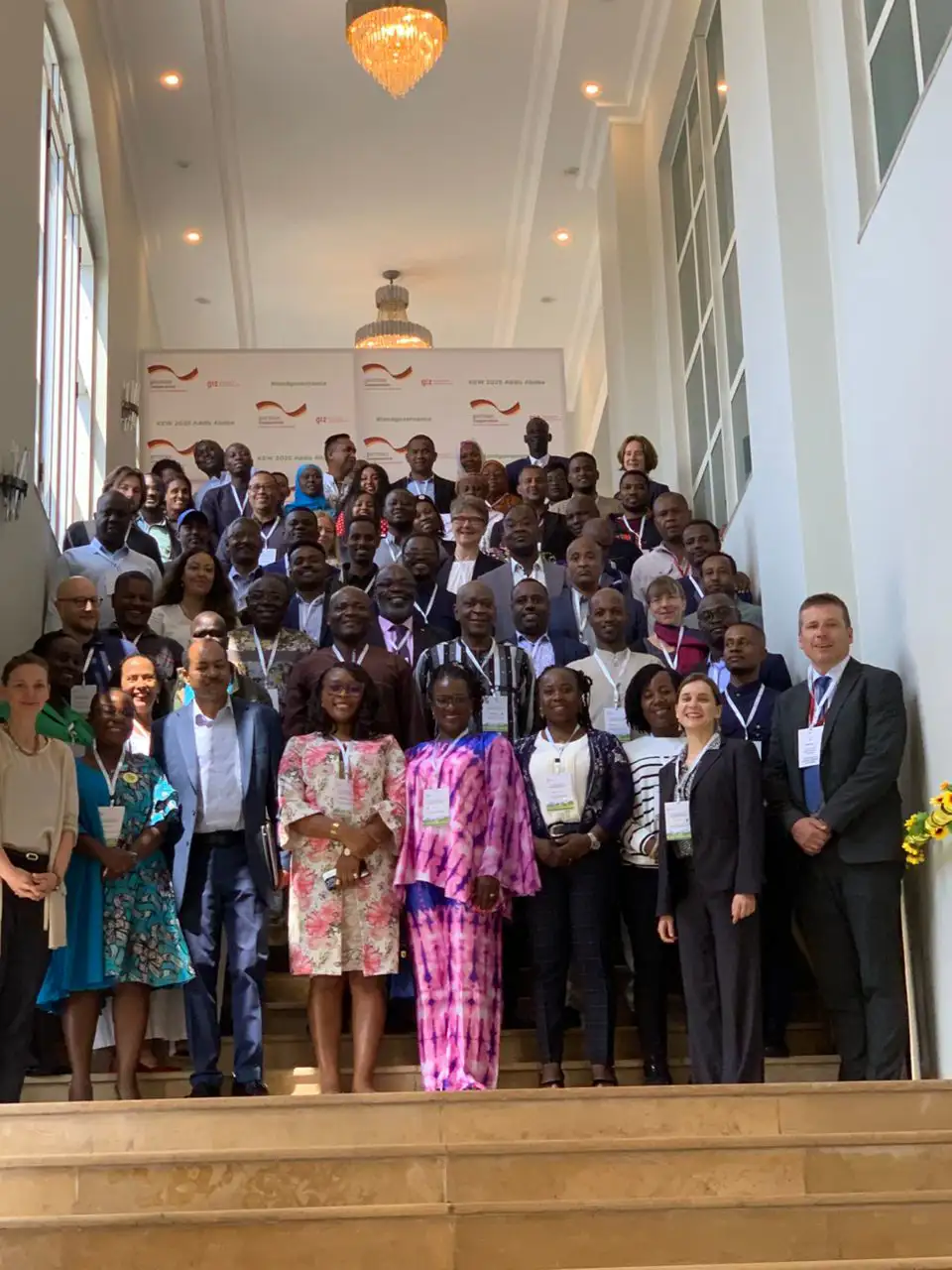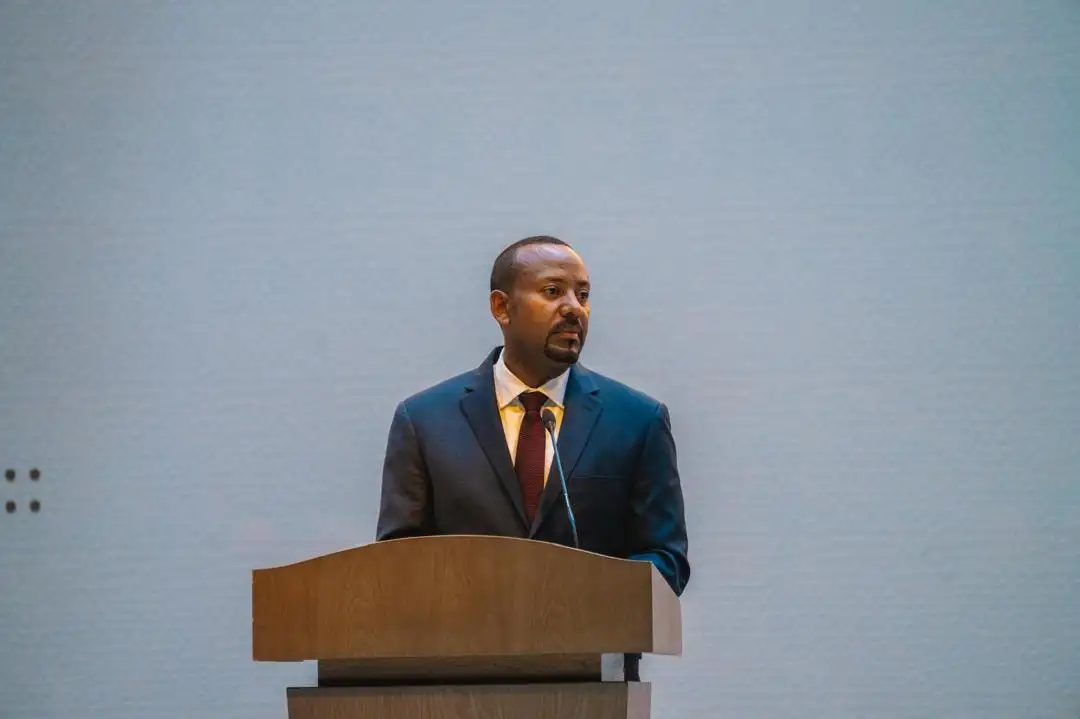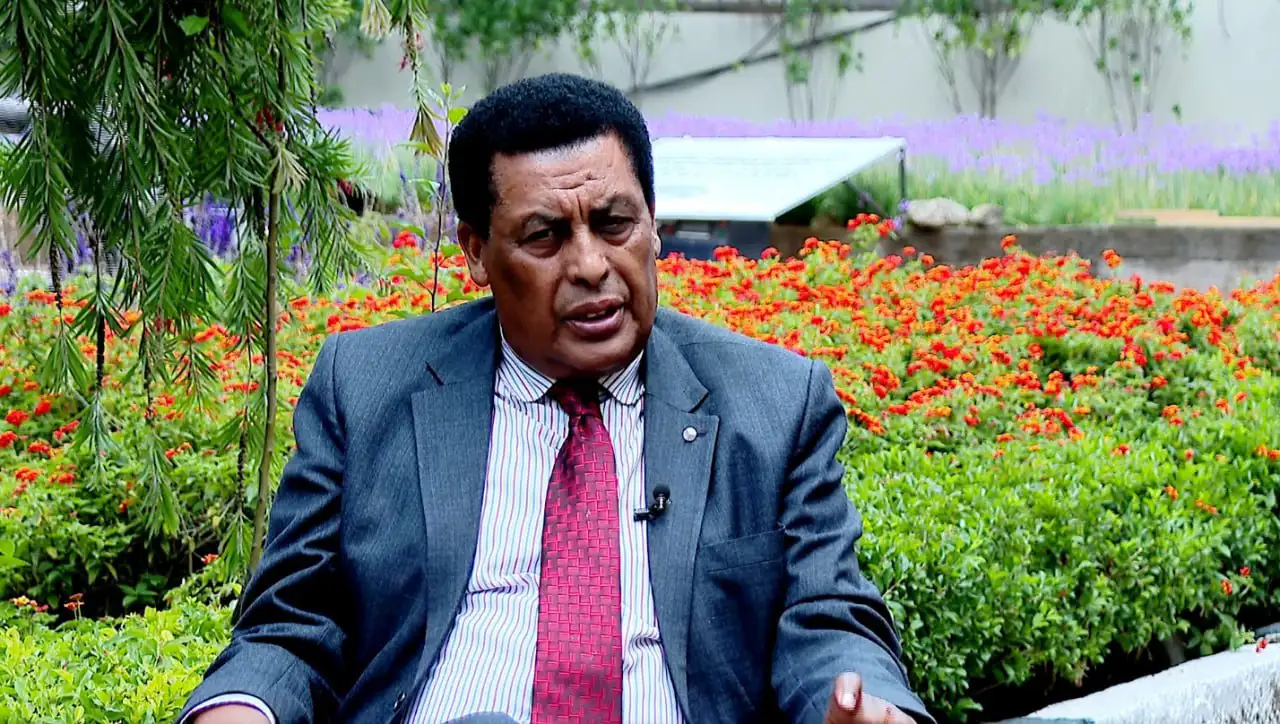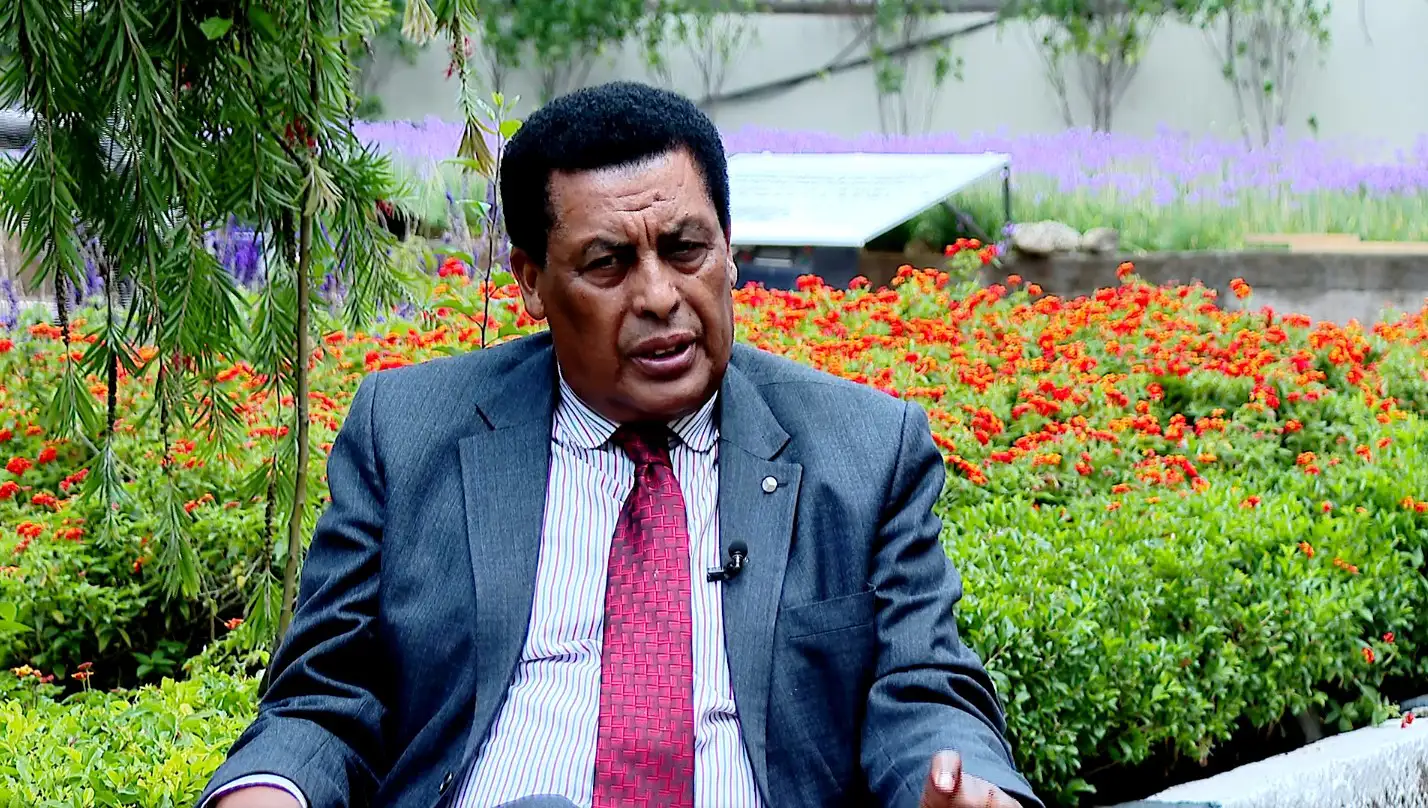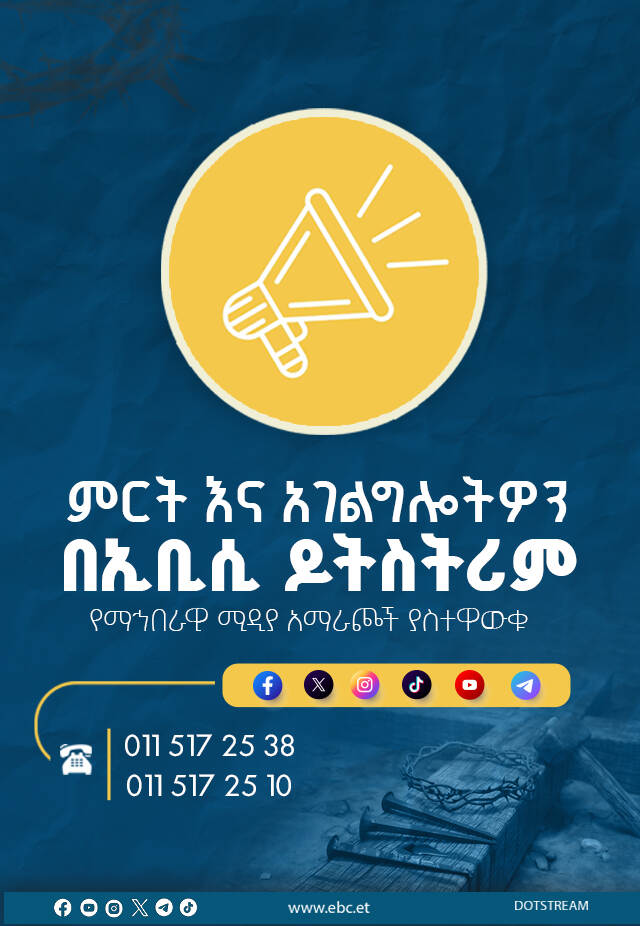By: Kassahun Chanie
Leading land governance experts from across Africa have convened in Addis Ababa today to address critical issues surrounding sustainable land management and policy.
The Knowledge Exchange Workshop (KEW 2025), a three-day event, officially launched today, aiming to translate insights into tangible action for improved land governance across the continent.
The workshop, organised jointly by the Global Programme on Responsible Land Policy (GPRLP) and the Programme Strengthening Advisory Capacities for Land Governance in Africa (SLGA), has drawn approximately 60 practitioners from Benin, Burkina Faso, Cameroon, Côte d'Ivoire, Ethiopia, Madagascar, Niger, and Uganda.
The theme, "Making Responsible Land Governance Work in the Future, together: From Insight to Impact through Learning, Exchange and Collaboration," underscores the workshop’s focus on collaborative problem-solving and practical application of knowledge.
KEW 2025 marks the culmination of a four-year series of workshops organised by Deutsche Gesellschaft für Internationale Zusammenarbeit (GIZ) GmbH, with the support of GFA consulting group GmbH and financed by the German Federal Ministry for Economic Cooperation and Development (BML).
The opening ceremony was presided over by Tigistu Gebremeskel, Lead Executive of Rural Land Administration and Use at the Ethiopian Federal Ministry of Agriculture.
He emphasised the importance of effective land governance for sustainable development and economic growth.
He stated that "The responsible management of land resources is vital for Ethiopia's and Africa's future.
This workshop provides a platform for sharing best practices and developing innovative solutions to address the challenges we face."
He also recommends that "This Workshop must ensure to capture the current situation to inform the future to have a progressive outcome."
The participants were handpicked because of their active participation in a six-month online learning program leading up to this in-person session.
The blended course explored four key areas: Land Governance for Climate Change, Soil and Biodiversity Management; Conflict-Sensitive (Systematic) Land Registration, including Customary Land; Responsible Governance of Investment in Land; and Land Governance Between Cooperation and Control.
The group includes representatives from government institutions, civil society organisations, academic institutions, and the private sector, promoting a multi-stakeholder approach to land governance challenges.
During the three-day workshop, attendees will engage in working sessions designed to facilitate cross-country exchange and knowledge documentation.
They will also participate in field visits to areas around Bishoftu and Addis Ababa, where they will learn about good land governance practices in Ethiopia firsthand.
The field experiences are intended to illustrate the practical application of various land governance strategies.
One of the key objectives of KEW 2025 is to consolidate the knowledge gained from the virtual sessions and peer learning, and to develop practical, context-specific recommendations to strengthen land governance systems.
These recommendations will inform future policies and programs related to land governance in Africa.
Awa Niang, a land rights advocate from Burkina Faso, expressed her hopes for the workshop.
She mentioned that "I hope this meeting results in strong recommendations and action plans that our respective governments can implement to protect the rights of our communities from land dispossession and promote more transparent land deals."
Niang recommends "Collaboration is the key to bringing insights for a better future"
Dr. Kwame Nkrumah, a professor of land economics from Uganda said that "The participants should develop practical strategies for resolving land disputes and promoting equitable access to land resources".
He added that "The future generation must consider and act on climate change, while making the best of Land Governance."
KEW 2025 represents a significant effort to promote responsible land governance in Africa and to foster collaboration among stakeholders in the land sector.
The recommendations and best practices that emerge from the workshop are expected to have a lasting impact on land policies and programs across the continent.
The participants will continue to work together to ensure their knowledge is put to practical use after the workshop finishes.
